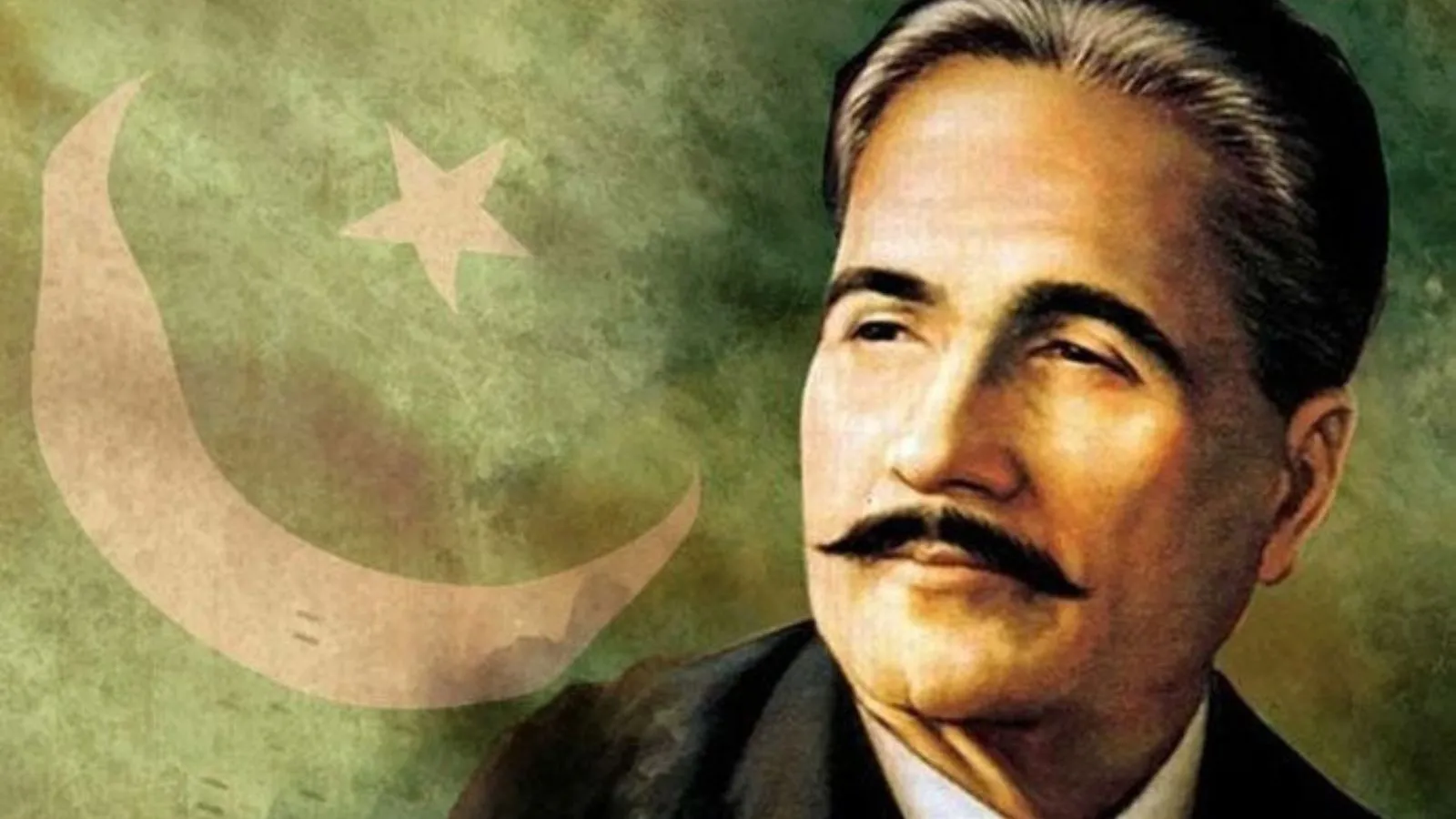Allama Muhammad Iqbal, widely known as the Poet of the East, was a philosopher, poet, and politician whose words ignited a sense of identity and purpose in the Muslim world, especially in South Asia. Born on November 9, 1877, in Sialkot (present-day Pakistan), Iqbal was a man of immense intellect and deep spirituality. His poetry continues to inspire millions, and his ideas played a pivotal role in the creation of Pakistan.
Early Life and Education
Iqbal was born into a devout Muslim family of Kashmiri descent. His early education was rooted in classical Islamic studies, but he later pursued Western education as well. He graduated from Government College, Lahore, where he studied philosophy and literature. Recognizing his exceptional talent, he went to Europe for higher studies, earning a degree in philosophy from the University of Cambridge and a doctorate from the University of Munich.
This exposure to Western thought, coupled with his strong foundation in Islamic teachings, allowed Iqbal to develop a unique perspective on the role of religion, culture, and identity in the modern world.
A Poet with a Purpose
Allama Iqbal was not just a poet of beauty and eloquence — he was a poet with a mission. His verses were filled with powerful messages aimed at awakening the Muslim ummah from the slumber of colonial oppression and spiritual stagnation. He used Persian and Urdu as his mediums to express deep philosophical and political ideas.
In works like Bang-e-Dra (The Call of the Marching Bell), Asrar-e-Khudi (Secrets of the Self), and Payam-e-Mashriq (Message of the East), Iqbal encouraged self-awareness (Khudi), unity among Muslims, and the need to reclaim their lost dignity. He was greatly inspired by the teachings of Islam and Sufi thought, which he blended seamlessly with modern philosophical ideas.
Ideological Founder of Pakistan
While Iqbal never lived to see the formation of Pakistan in 1947, his ideas laid the intellectual groundwork for its creation. In his famous Allahabad Address in 1930, he envisioned a separate homeland for Muslims in the subcontinent, where they could live according to their cultural and religious values. This speech is considered a turning point in South Asian history and a cornerstone of the Pakistan Movement.
He believed that Islam was not merely a religion, but a complete code of life — a social, political, and spiritual system that could guide humanity toward justice and harmony.
Legacy and Influence
Allama Iqbal passed away on April 21, 1938, but his legacy remains alive. He is celebrated as the national poet of Pakistan, and his poetry is still taught in schools and universities across the Muslim world. His thoughts continue to influence scholars, politicians, and youth striving for a better future.
Iqbal’s tomb is located near the Badshahi Mosque in Lahore, a place visited by admirers from across the world. More than a poet, Allama Iqbal was a visionary whose words empowered a nation and reshaped history.
“Khudi ko kar buland itna ke har taqdeer se pehle
Khuda bande se khud pooche, bata teri raza kya hai.”
(Raise your selfhood to such heights that before every destiny,
God Himself will ask, “What is it that you desire?”)



